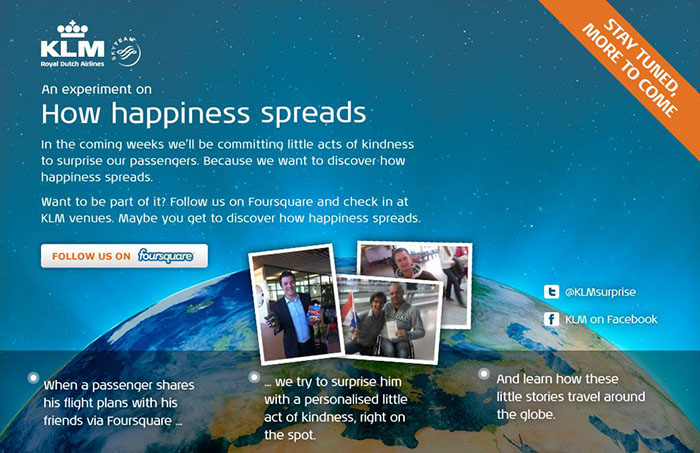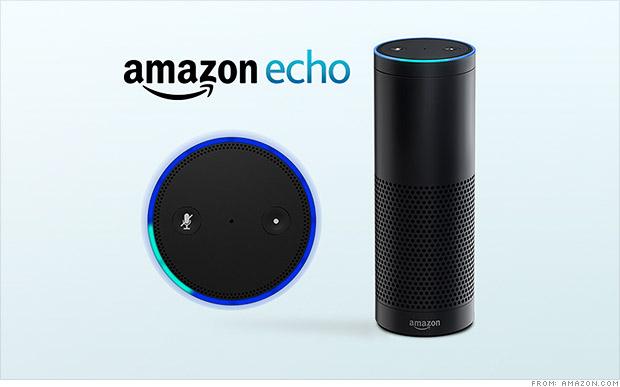
Privacy is dead. Technology killed it. For marketers, it’s everything we could have hoped for.
Of course, it’s more complicated than that. Big data, or the use of data by brands, generates a lot of discussion around privacy and ethics. What eludes most of the conversation is that the discussion is largely irrelevant.
Consumers will allow almost any privacy violation if they determine a brand’s offer is equal to the level of the violation. Over the past couple of years there have been highly publicised instances of privacy violation, yet because the brands have understood their customers and the way in which the data will be used, these uses have been highly celebrated as innovative marketing initiatives, and rightly so.

The KLM Surprise campaign messaging.
We all remember the KLM Surprise campaign. KLM basically stalked their loyalty customers across social media to find out what they liked or wanted (You can view the cutesy campaign video here). Next time those customers went to check in, there was a gift waiting for them based on their social media posts. A huge privacy violation, but KLM knew what data they wanted to collect, why, and gave customers a value-add equal to the level of violation.
Most recently we saw Amazon’s grand announcement of Echo, a machine that will listen to every single sound that occurs in your house. It will listen to you speak even when you’re not addressing it. It will learn what you talk about when you have friends over for dinner. It will listen to the movies and TV shows that you watch. It will hear the arguments you have with your partner.

Amazon Echo will always be listening.
For me, the most terrifying section of Orwell’s “Nineteen Eighty-Four” was the passage that describes Winston in his apartment, hiding in the furthest corner, just so he could have a moment to himself. Echo isn’t quite as sinister as Big Brother (I hope), but that’s the feeling I personally get from this product.
However, I believe Echo is a product designed for Amazon Prime customers. These are customers who order from Amazon every day and Echo will go a long way in making the ordering process simpler. All you need to say is “Alexa, we’re out of paper towels,” and it’s ordered through the Amazon store. As above, a huge privacy violation, but customers will decide whether or not the value-added to the violation is worth it.
I support efforts by government and industry organisations to raise awareness on data privacy. However, I believe the issue of privacy and ethics is a conversation that takes place directly between brands and consumers.
Technology will always be ahead of regulation. Governments are still talking about first and third party cookies, while the industry has moved on to browser fingerprints.
At the end of the day, it comes back to the most basic principle of data collection — don’t collect data unless you know what you are going to be using it for. And when deciding on the value you’re going to be offering as trade-off for the privacy violation, you must always see the value from a consumer’s perspective, not your brand’s.